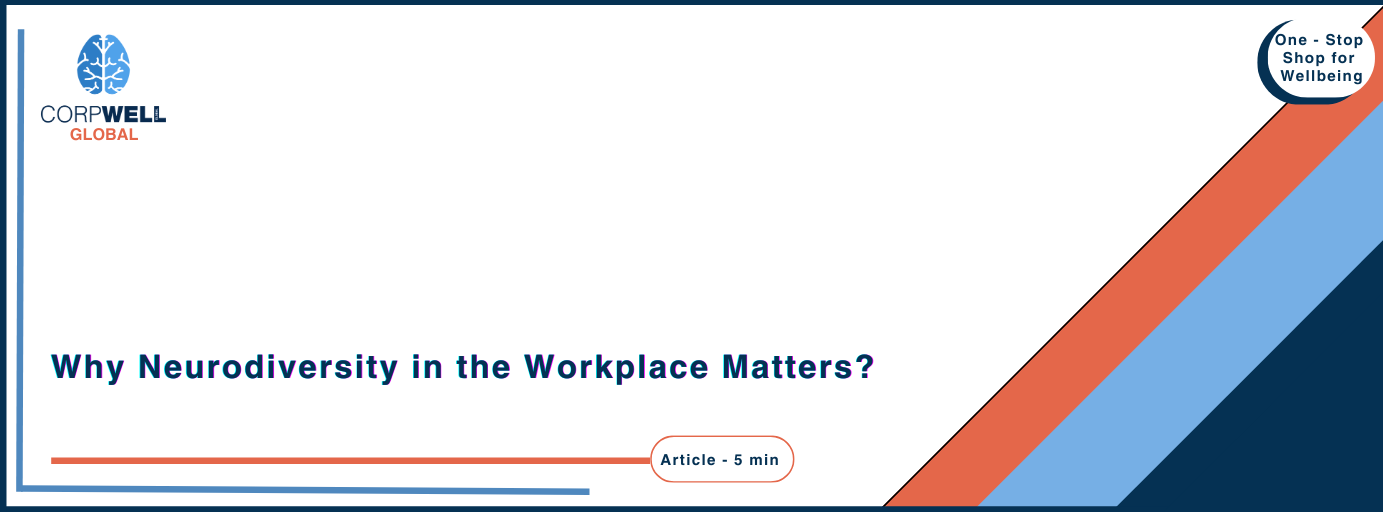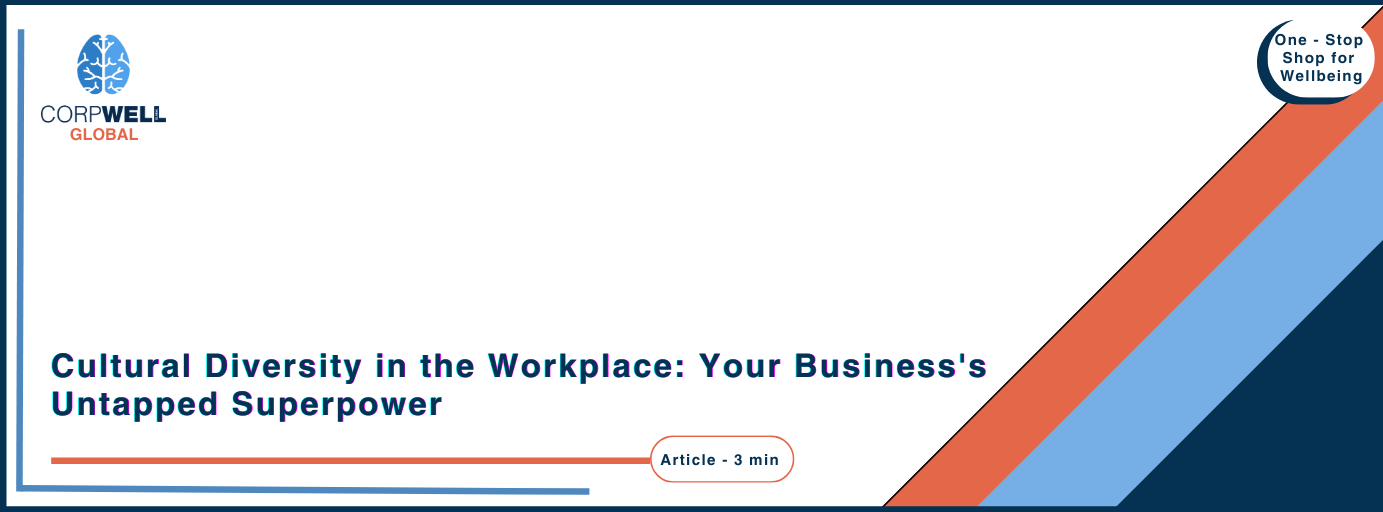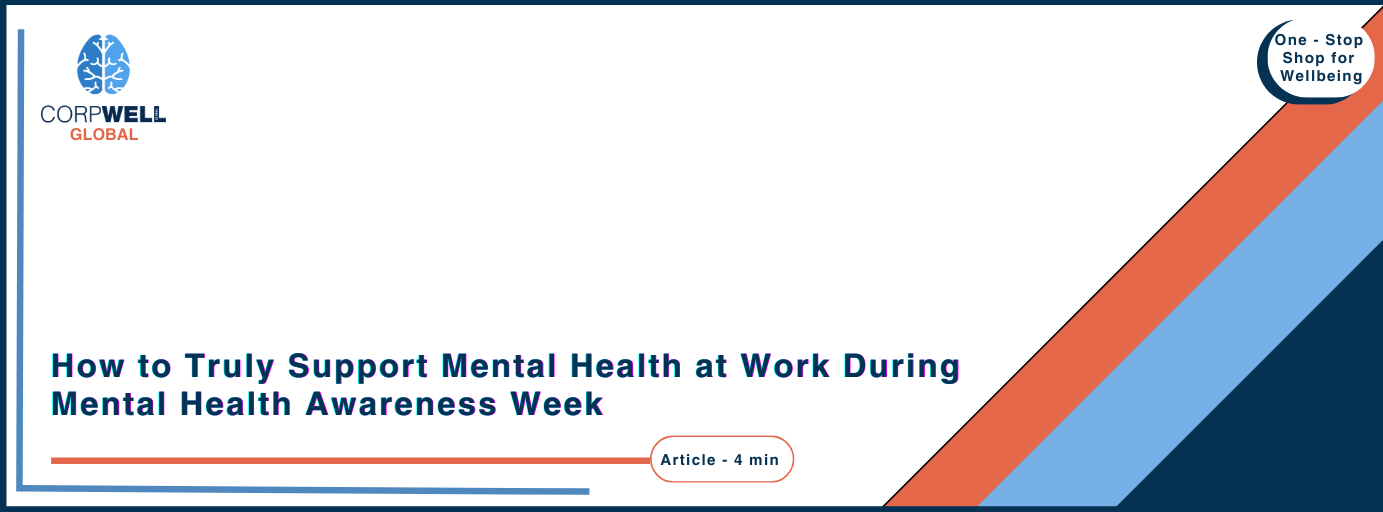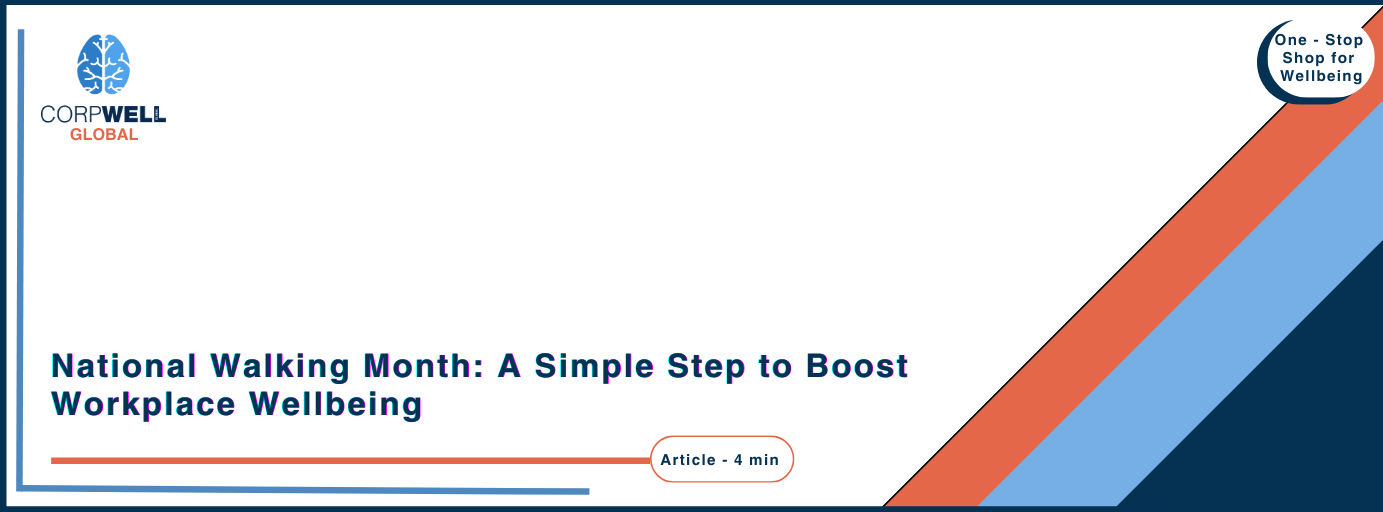
Neurodiversity in the Workplace: Celebrating Neurodiversity Week & Creating an Inclusive Work Environment
Why should neurodiversity matter to your organisation?
Did you know that 15–20% of the population is neurodivergent? Yet, workplaces are still predominantly built with neurotypical employees in mind. That means millions of talented, creative, detail-focused individuals are working in environments that don’t support how they thrive.
As we celebrate Neurodiversity Celebration Week (17th–23rd March), it’s the perfect time for HR leaders and CEOs to reflect: Is your workplace truly inclusive of all minds?
What is neurodiversity?
Neurodiversity refers to the natural variation in the way people think, learn, and process the world. It includes conditions such as:
– Autism Spectrum Condition (ASC)
–ADHD
–Dyslexia
–Dyspraxia
–Tourette Syndrome
–Dyscalculia
Neurodivergent individuals often bring unique strengths: hyperfocus, creativity, pattern recognition, innovative problem-solving, and out-of-the-box thinking. But without the right support, these strengths can be overshadowed by burnout, exclusion, or poor workplace design.
🌈 The Importance of Celebrating Neurodiversity Week
Neurodiversity Week isn’t just a “tick-box awareness day” — it’s a movement to change perception and practice.
This week is about:
Challenging stereotypes about neurodivergent people
Empowering employees to disclose without fear
Educating leaders to adopt inclusive practices
Highlighting success stories of neurodivergent professionals
If your organisation isn’t talking about neurodiversity yet — this is your sign to start.
🧠 How to Create a Neuroinclusive Work Environment
Creating a truly inclusive space goes beyond policy. It’s about culture, communication, and choice.
1. Adjust the environment, not the person
Make simple but powerful reasonable adjustments, such as:
-Quiet zones or noise-cancelling headphones
-Clear written instructions
-Flexibility around meetings, especially video calls
-Option to wear sunglasses or use screen overlays
-Allowing movement breaks or alternative seating
💬 “We stopped assuming ‘camera on’ meant engaged. For one of our autistic team members, camera off = focus on.” – HR Manager, Tech Firm
2. Train your people managers
Managers are the make-or-break of inclusion. Equip them with:
-Neurodiversity awareness training
-Clear routes to offer reasonable adjustments
-Tools to manage sensory, communication and processing differences
“When my manager started using bullet-point summaries and allowed flexible hours, my productivity and confidence skyrocketed.” – Dyslexic employee, Law firm
3. Rethink recruitment
Many neurodivergent professionals are screened out during traditional hiring.
Try this instead:
-Share interview questions in advance
-Allow alternative application formats (e.g., video, portfolio)
-Focus on skills, not eye contact or verbal fluency
-Run working trials or job previews
🧩 4. Build psychological safety
People need to feel safe to disclose — and safe not to.
-Create ERGs or peer networks for neurodivergent staff
-Use inclusive language in job descriptions and internal comms
-Celebrate neurodivergent role models
-Regularly review feedback anonymously
📈 The Business Case for Neuroinclusion
💼 Companies like Microsoft, EY, SAP, and Google have neurodiversity hiring programmes — and they’re not doing it out of charity.
They’re doing it because:
-Diverse teams solve problems faster (Harvard Business Review)
-Neurodivergent thinkers spot patterns others miss
-Retention improves when people feel accepted
-Innovation thrives when difference is celebrated
✅ Summary: 5 Steps You Can Take This Week
1.Run a neurodiversity lunch & learn or workshop
2.Review recruitment materials for inclusive language
3.Ask managers if they feel confident supporting neurodivergent staff
4.Celebrate neurodivergent voices on your intranet or socials
5.Bring in external experts (like CorpWell 😉) to guide your inclusion journey
Final Thought
Neurodiversity is not a challenge to manage – it’s a strength to harness.
Creating inclusive workplaces isn’t just the right thing to do – it’s smart business.
🔗 Related resources:
- Neurodiversity Celebration Week Official Site
- Forbes: Unlocking Hidden Talent: The Power Of Neurodiversity In Modern Organizations
👉 Ready to make your workplace truly inclusive?
Book a free discovery call with our neurodiversity specialists at www.corp-well.com




